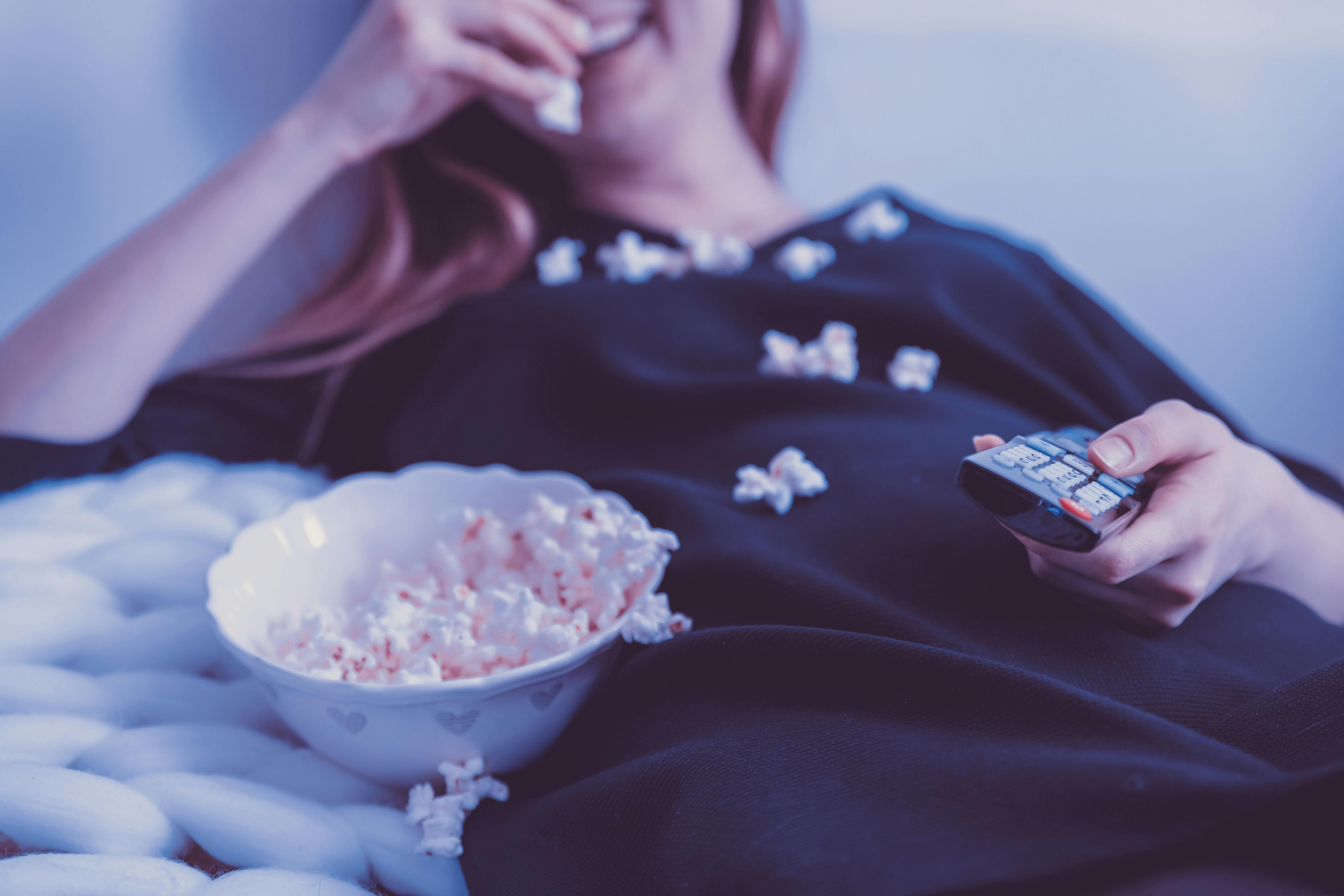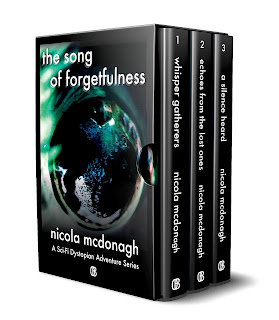 |
| from Pinterest via Fifth Grade Freebies |
Did you know that the book to screen debate has made it into the classroom?
Did you know that there are tons of bloggers and vloggers whose major content is simply comparing films to the books they are based on?
What does this say about the current state of cinema? Well, I think it says a lot.
First off, things are starting to come full-circle. There are now books being written that are based on movies, and yes, these books are putting a spin on things… but that’s a post for another day.
Are you having déjà vu?
No. 😜
I know I said the same thing last time about movies I thought were better than their books, but you’ll just have to wait. I’m saving all the juicy stuff til the end.
So, now back to this comparison phenomenon. So many people are consumed with getting down to the nitty-gritty of why books and their associated films are so different. I have two theories to present.
1) I think a lot of people are like me in the fact that my love of books and my love of movies is neck and neck for the total domination of my mental capacity. I love a good book and I love a good movie. When I see a movie based on a book, part of my mind feels like this has to be one of the singular greatest experiences I will have in my life. Yet, that is seldom the case.
 |
| Pexels.com |
In recent years, I’ve experienced a lot less disappointment in film adaptations of books after taking into consideration the points I mention in part one of the series. I don’t look at these film adaptations as being associated with the books the way I used to and it’s helped me to enjoy many movies I fear I wouldn’t have been able to.
Still, I sometimes find myself playing the comparison game. I’m trying to find clarity in the fog that is creative license. The fact of the matter is that movie makers have a certain amount of creative license to follow the author's guidelines (their book) or not to follow them, in order to produce something that will speak to the masses. Believe it or not, sometimes I’m glad Hollywood does this.
There are so many bestselling science fiction futuristic stories that are so compelling and riveting, yet they all tend to portray a future where only one race or ethnicity is depicted. This isn’t such a big deal in dystopian futuristic stories, but the utopia-type stories just don’t seem to make sense. When Hollywood takes it upon themselves to add cultural diversity to the film versions of these stories, I praise them for their foresight. Hollywood is aware that the global viewing population may not buy into a futuristic film with a cast of all one color or ethnicity.
Still, there have been times when Hollywood has attempted to diversify a cast to exaggerated extremes, and the story gets lost behind unspoken political messages.
2) I think people simply like to compare things. People like to weigh the pros and cons, and they love to make lists. Reading is great entertainment. Watching TV or film is great entertainment. But in this instant digital age of reality stars, commentary and comparison are also great forms of entertainment. It used to be that only hard-core fans delved into the making of a movie or read interviews with bestselling authors, but that is no longer the case. In this day and age, free information is entertainment just waiting to happen, and if people can discuss or argue over a movie vs a book, they will. More money for the author (if they negotiated a good contract) and more money for the filmmakers.
I’ll be back on June 13th to talk more about The Book to Screen Debate. Find out more about me, my work, and my inspiration at the following links:
#book2screen, bookvsmovie,
COMMENTS





